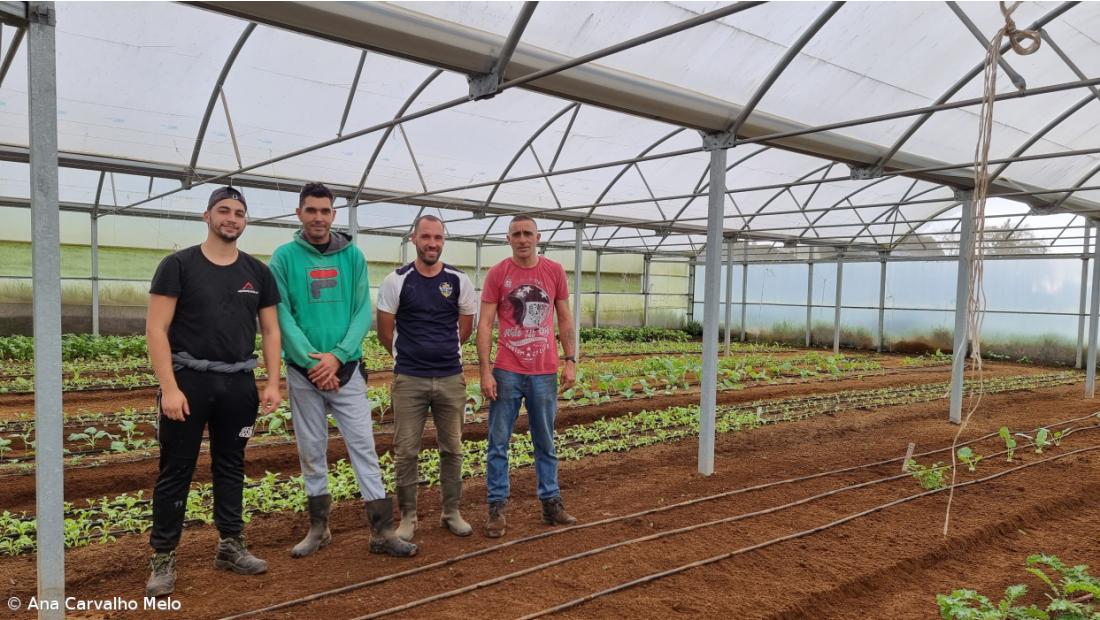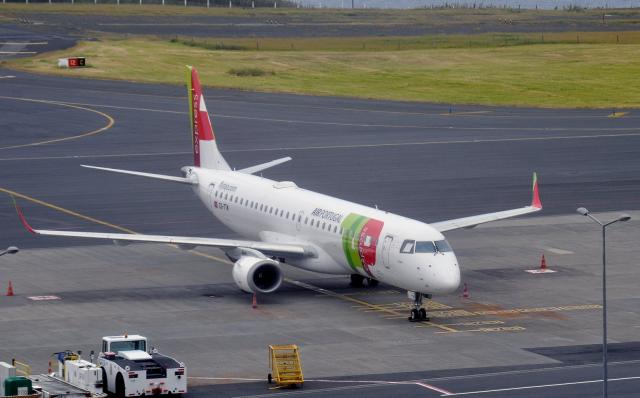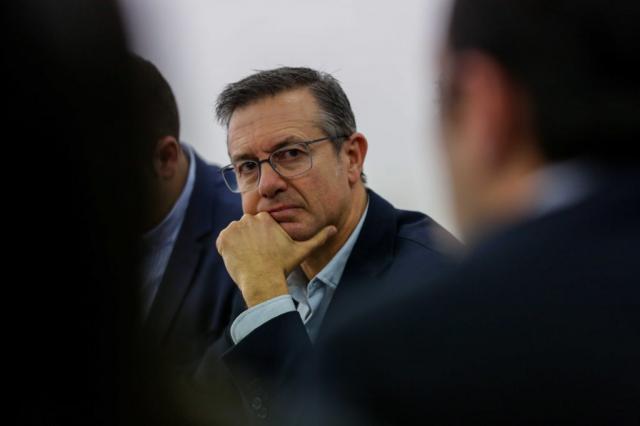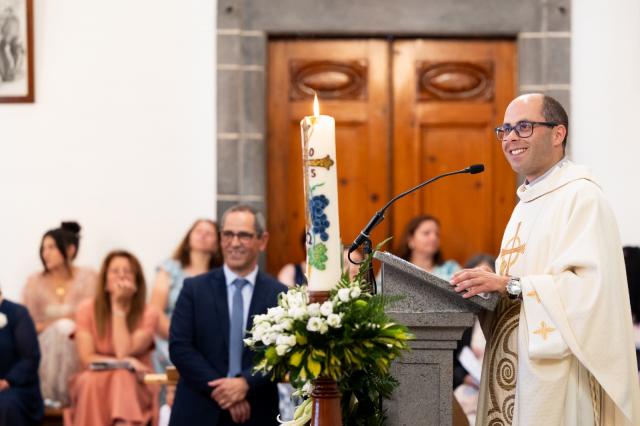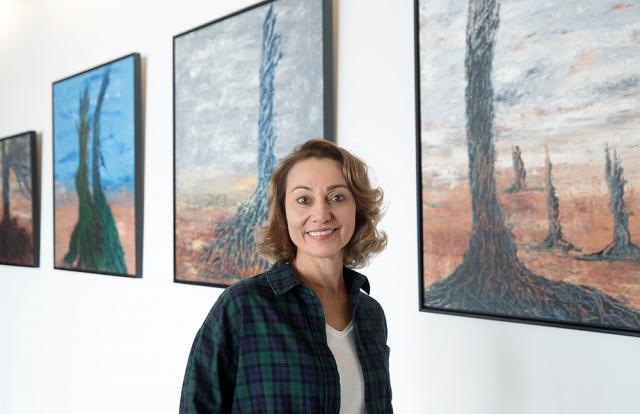Opened in 2017, BioKairós is a company that aims to combine economic, environmental, social and inclusion components in order to "integrate people and allowing them to become socially and economically independent through employment".
As Raquel Vargas, the executive director of this micro-enterprise, told Açoriano Oriental, it is through agriculture that skills are developed that can later enable these people in situation of exclusion to be integrated into the job market.
"This project was created to provide answers to people that society in general cannot always guarantee. At the same time, we are producing in an organic farming system, duly certified, which has always been one of Kairós' mottos in terms of sustainability," she said, explaining that the company currently has four people on contract and the aim is to increase this number.
The work, which began at Quinta de São Gonçalo, where the São Miguel Agrarian Development Services are based, now also includes a 7.8-hectare plot of land in Malaca, the municipality of Lagoa, responding to social needs, but also to the growing demand for organic food.
As Raquel Vargas explains, working in the agricultural sector also allows for the development of other skills that will enable people with no life plans and sometimes with health problems of various kinds to become independent.
"In this project, agriculture is fundamental to personal growth, as it allows these people to see the end product of their work. Seeing a plant grow from small to bearing fruit values their dedication and shows them that they are capable of success," she says.
She also points out that "all the products sold go to paying expenses and salaries for the employees", in order to foster financial autonomy and "improve their quality of life".
Five people were working on the land in Malaca last Thursday, three of them BioKairós employees and two in occupational programs. After harvesting the vegetables that were to be sold in the store on Rua D. João III, they were carrying out various tasks related to agricultural production.
Nuno, who was digging the soil to widen the planting spaces, stressed how important this work is because all the products sold go to pay expenses and salaries for the staff, which, in his case, guarantees him financial autonomy to support his family.
Ricardo, who is BioKairós' longest-serving employee, having started in 2016, said that over the years he has also helped with the adaptation and training of new colleagues, which he describes as "a privilege". He also reveals that, before BioKairós, he had no knowledge of organic farming, but today he works with dedication to achieve ever greater and better production. "It is a great pleasure to see production grow and to work with a team like this," he added.
Gabriel, who is deaf-mute, is the youngest of the group and is pleased with his work here at BioKairós, while Augusto, who is hard of hearing, says that the work is very important.
The team also includes people from occupational programs, from the psychiatric area of the Day Hospital or referred by parents who need to occupy their children who are not integrated into any other response programs, among others.
With years of experience and a record of successful cases in terms of labor integration, Raquel Vargas says that this project is succeeding in meeting its objectives, even though there are daily challenges.
BioKairós' production, which includes a wide variety of vegetables, fruit trees and exotic fruit, as well as more than two dozen varieties of aromatic herbs and edible flowers, is sold to companies, mainly hotels and restaurants, but also in the store on Avenida D. João III in Ponta Delgada.
Open to the public since December 9, 2021, the BioKairós grocery-café on Avenida D. João III aims to be a place to sell products produced in Malaca, but also to sell from other organic farmers in São Miguel.
As Raquel Vargas pointed out, the customers who choose the store show concern for the environment, but also for social issues, as well as for boosting local economy by reducing the carbon footprint. Over time this store also ends up being a meeting point for some customers and even a place to share tips on using and cooking vegetables in order to reduce food waste.

